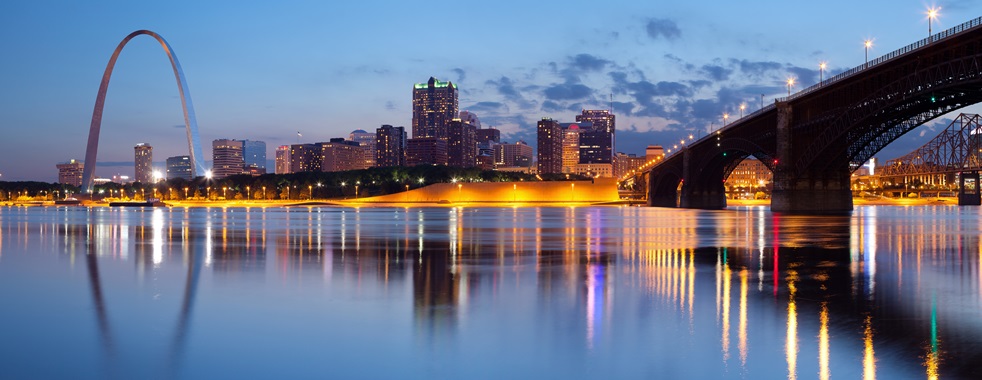Common sense, and a long record of evidence, says that well-planned transit is almost always an intelligent investment for a city. It sets the stage for resilient prosperity by better-connecting neighborhoods and properties. This, in turn, helps redevelopers find higher and better uses for older or vacant properties. That repurposing leads, in turn, to the funding needed to renew them. All in all, transit is a powerful revitalizer.
The same cannot be said of sports stadiums, whose intermittent usage fails to support nearby retailers, and whose heavy parking requirements lead to vast urban dead spaces. But mayors love shiny new things, and they love quick, simple wins. Compared to transit systems, a stadium (or convention center, another perennial “silver bullet” favorite) is both simple and quick.
Dozens of cities across America have experienced buyers’ remorse after being duped into sinking million of taxpayer dollars into private, for-profit sports stadiums. Granted, a few well-planned, properly-located stadiums have become valuable community assets that were worth the public investment. But the vast majority have failed to produce any public ROI.
And, as St. Louis, Missouri, Oakland, California, and a number of other cities have discovered, the team owners show little sign of the loyalty exhibited by local fans. If someone builds them a shinier, newer stadium elsewhere, they’ll pack their bags, often leaving a vast, vacant devitalizing blot on the urban landscape.
These billionaire team owners have little trouble buying local political support, and they-in turn–often have little trouble selling the one-sided deal to sports-hungry local voters. But St. Louis citizens aren’t so easily duped these days.
On April 4, 2017, St. Louis residents opted to direct funds from a tax increase toward public services rather than a privately owned stadium.
Proposition 1, which passed with about 60 percent of the vote, puts a half-cent sales tax increase toward expanding public transportation and providing public safety equipment. Another increase on the tax that businesses pay on out-of-state purchases will go toward affordable housing, public safety and public health.
The second proposition, which was rejected by about 53 percent of voters, would have directed the roughly $50 million generated by the second tax and up to $10 million from the sales tax increase toward an MLS stadium.
In rejecting that proposition, voters essentially closed the door on bringing an MLS team to the city. The city is competing with 11 other cities for four MLS expansion franchises.
Supporters of the stadium poured hundreds of thousands of dollars into an ad campaign for the stadium, including visits by national soccer figures and TV and billboard ads.
Opponents spent little money against Proposition 2, but a number of prominent officials and activists vocally opposed the measure, arguing that it shouldn’t be a priority for a city facing economic and public safety issues, and that a team wasn’t likely to benefit lower-income residents or neighborhoods.

